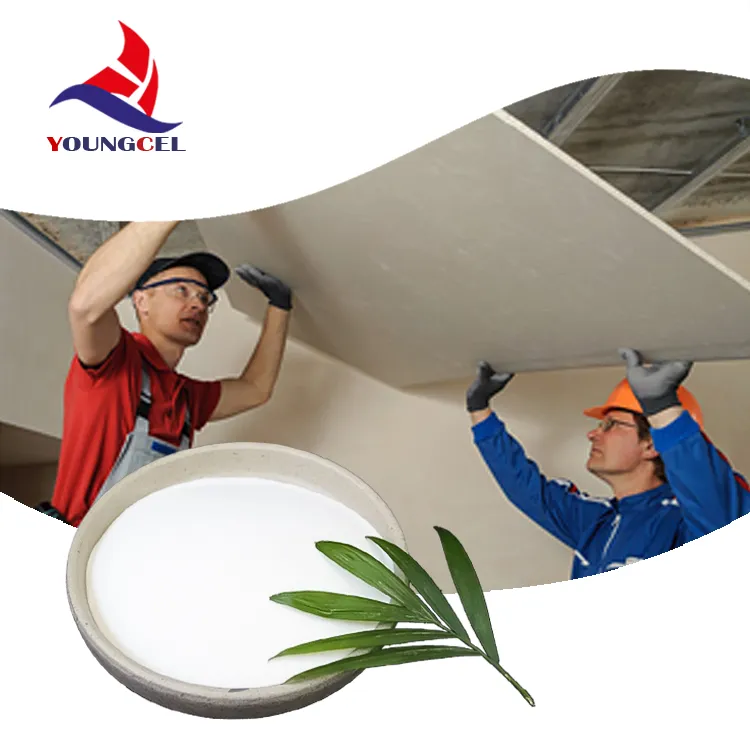Understanding Coating Additives Enhancing Performance and Durability
Coating additives play a crucial role in enhancing the properties and performance of paints, coatings, and sealants across various industries. These additives are specially formulated substances that improve the functionality of coating products, enabling them to meet specific requirements such as durability, adhesion, and aesthetic appeal. In this article, we will explore the various types of coating additives, their purposes, and the benefits they bring to the coatings industry.
Types of Coating Additives
Coating additives are categorized based on their functions
. Here are some of the most common types1. Dispersing Agents Dispersing agents are essential in ensuring that pigments and fillers are evenly distributed throughout a coating. They prevent agglomeration and settling, thereby enhancing the color consistency and stability of the final product. Effective dispersing agents improve the efficiency of pigment incorporation, leading to better color strength and gloss.
2. Wetting Agents Wetting agents lower the surface tension of a liquid, allowing it to spread more easily over surfaces. This property is particularly important in achieving superior adhesion to substrates. Wetting agents facilitate better coating performance by improving the contact angle between the coating and the surface, leading to a smoother application and enhanced durability.
3. Rheology Modifiers These additives control the flow and viscosity of coatings. Rheology modifiers ensure that coatings can be easily applied while providing appropriate thickness and stability. By adjusting the rheological properties, manufacturers can optimize the application process, reducing the risk of dripping or sagging while maintaining sufficient brushability, sprayability, or rollability.
4. Defoamers Foam can be a significant hurdle in the production and application of coatings. Defoamers are added to reduce or eliminate foam formation during mixing and application. By controlling foam, these additives enhance the coating's overall performance and improve the appearance of the final product.
5. Anti-settling Agents These additives prevent heavier particles from settling at the bottom of the container. By maintaining an even dispersion of components, anti-settling agents ensure consistent quality and performance throughout the product's shelf life. They are especially important in industrial coatings where uniformity is critical for optimal performance.
6. UV Absorbers and Stabilizers In coatings exposed to sunlight, UV absorbers help protect the formulation from the detrimental effects of ultraviolet (UV) radiation, which can lead to discoloration, loss of gloss, and degradation. These additives prolong the life of exterior coatings and are vital for products intended for outdoor use.
coating additives

7. Antimicrobial Agents In specific applications, such as coatings for medical facilities, antimicrobial agents are incorporated to inhibit the growth of bacteria, fungi, and mold. This is particularly important for maintaining hygiene standards and extending the longevity of coated surfaces.
Benefits of Coating Additives
The incorporation of additives into coating formulations yields several benefits
- Enhanced Performance Additives improve the overall performance of coatings by enhancing properties like adhesion, flexibility, and chemical resistance. This leads to products that not only look better but also last longer.
- Improved Application Additives optimize the application process, making coatings easier to work with. Reduced viscosity, improved flow, and minimized foaming contribute to a more efficient and user-friendly application experience.
- Cost-Effectiveness While additives may add to the initial cost of formulation, they ultimately contribute to long-term savings by enhancing durability and reducing maintenance and reapplication needs.
- Versatility Coating additives allow manufacturers to tailor their products to meet specific industry requirements. Whether for automotive, aerospace, marine, or architectural applications, additives enable customization of coatings to suit unique performance needs.
Conclusion
In conclusion, coating additives are indispensable components in the coatings industry, providing a suite of benefits that enhance performance, aesthetics, and durability. By understanding the various types of additives and their functions, manufacturers can formulate superior coatings that meet the diverse demands of consumers and industries alike. The continuous evolution of coating additives promises to drive innovation and efficiency in future coating technologies, reinforcing their critical role in shaping the industry landscape.
-
Rdp Powder: Key Considerations for Wholesalers in the Building Materials IndustryNewsJul.08,2025
-
Key Considerations for Wholesalers: Navigating the World of Hpmc - Based ProductsNewsJul.08,2025
-
Hpmc Detergent: Key Considerations for WholesalersNewsJul.08,2025
-
Key Considerations for Wholesalers: China Hpmc For Tile Adhesive, Coating Additives, Concrete Additives, and MoreNewsJul.08,2025
-
Crucial Considerations for Wholesalers: Navigating the World of Construction MaterialsNewsJul.08,2025
-
Key Considerations for Wholesalers Sourcing Additive For Cement, Additive For Concrete, Additive For Putty from Additive Manufacturer Shijiazhuang Gaocheng District Yongfeng Cellulose Co., Ltd.NewsJul.08,2025




